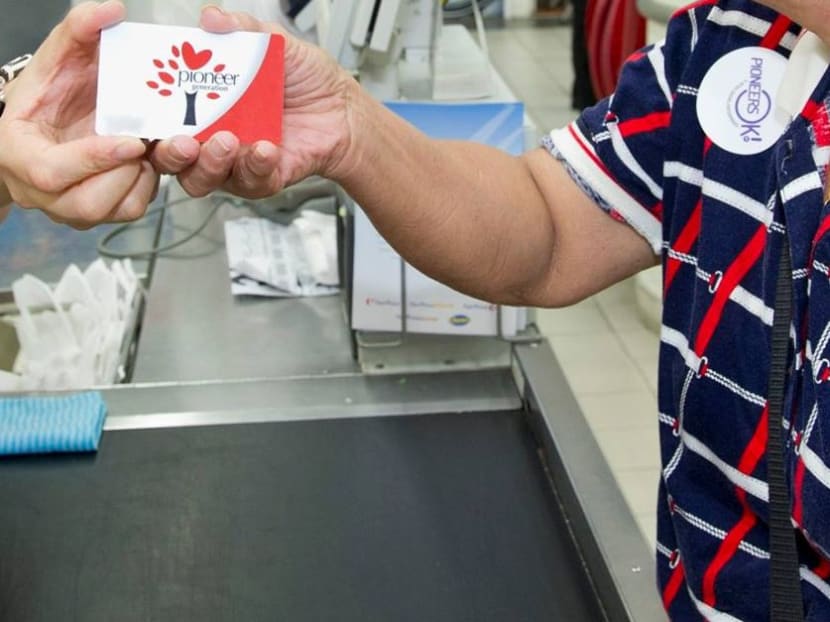NTUC FairPrice should allow caregivers of seniors to shop on their behalf on discount days

Unlike some supermarkets and confectioneries, NTUC FairPrice requires shoppers who are making use of the discount schemes on selected days of the week for the Pioneer Generation and Merdeka Generation to be present to show their relevant identification card.
Arguably one of Singapore’s most frequented supermarket chains, FairPrice needs to show some compassion to the caregivers who need to buy groceries on behalf of these seniors from the older generations who have mobility issues.
I have seen such caregivers who shop on their behalf being turned away because the cashier insisted that the cardholder must be present to buy the items even though the caregivers were showing the card and matching National Registration Identity Card as proof.
FairPrice should review its policy and be more flexible. It allowed family members of the Pioneer Generation to buy discounted items on their behalf last year when people had to stay home in April and May to combat Covid-19.
While cardholders who are from the Merdeka Generation (born in the 1950s) may be fitter, some of those from the Pioneer Generation who are above 70 and people in their 80s who also qualify for its seniors discount scheme could be frail and non-ambulatory. This is all the more so for those who are wheelchair-bound.
Do we expect these elders to visit FairPrice outlets, especially those that are smaller and with space constraints that make moving around in wheelchairs inconvenient? Or for the caregiver to physically support those elders who are limping to show their faces at the supermarket?
It is a judgement call.
Many sole breadwinners who are low-income earners double up as caregivers and have a tight spending budget for daily necessities. To them, every cent matters — that is why they look forward to the discount days.
These people need help to use the Pioneer Generation card as proxies.
If FairPrice insists on such stringent checks, then perhaps the Ministry of Social and Family Development or the Agency for Integrated Care should consider issuing a letter of authentication to certify the caregiver's relationship with the immobile elder.
This should dispel all doubts that anyone can claim to be a caregiver.
I hope we let common sense prevail and do not need to come to that bureaucratic stage.






